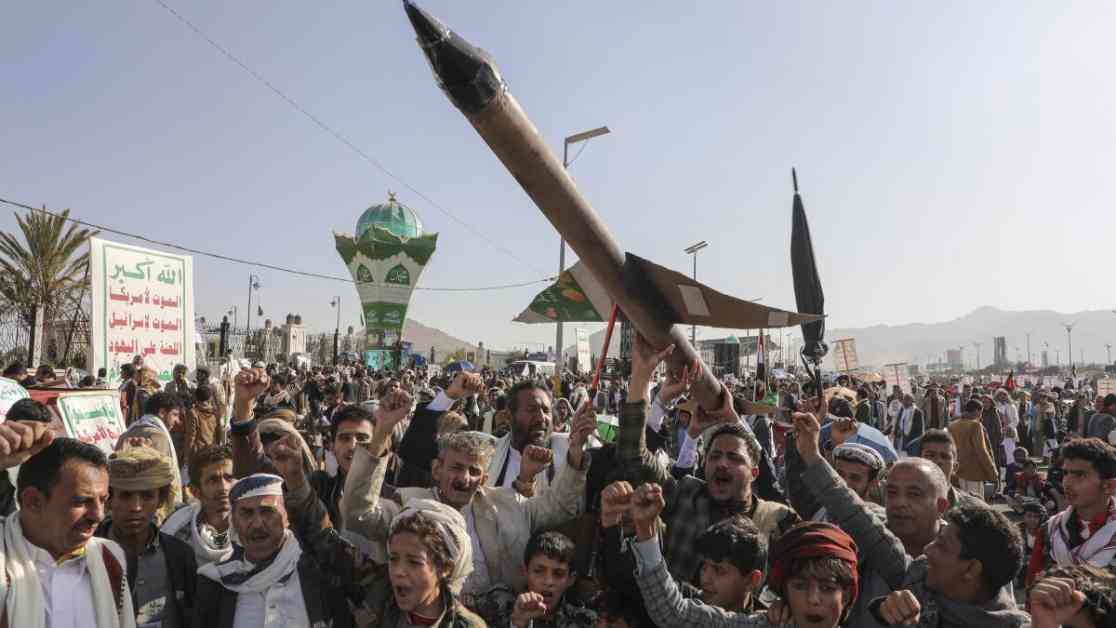The conflict between Israel and the Houthi rebels in Yemen has escalated to dangerous levels in recent days, with both sides engaging in deadly attacks and counterattacks. The situation has raised concerns about the potential impact on international security and stability in the region.
Israel’s military strikes on Yemen’s international airport in Sanaa, power plants, and seaports, all under Houthi control, have intensified the long-simmering conflict between the two sides. The Houthi rebels, backed by Iran, have retaliated by firing rockets into Israel, resulting in casualties and injuries on both sides.
The Israeli attack on Yemen’s airport, which occurred as the director general of the World Health Organization was waiting to board a flight, has disrupted aid supplies destined for besieged Yemenis. Israel has accused Iran of using the airport to smuggle weapons to the Houthis, further complicating the situation.
Israel has sought a rare hearing at the U.N. Security Council to discuss the Houthi conflict, with Ambassador Danny Danon expressing skepticism about the effectiveness of any potential action by the council. The conflict in Yemen, which has claimed the lives of over a quarter of a million people, has often been overshadowed by other conflicts in the Middle East.
The rise of the Houthis as part of the so-called axis of resistance, backed by Iran and dedicated to the destruction of Israel, has posed a significant challenge for Israeli authorities. Prime Minister Benjamin Netanyahu has made it clear that the Houthi rebels in Yemen are the next front line for Israel, vowing to continue striking them until they “learn.”
The situation in Yemen remains volatile, with the conflict showing no signs of abating. The implications of the escalating violence between Israel and the Houthi rebels are far-reaching and could have serious consequences for regional security and stability. As the international community grapples with this crisis, the need for a peaceful resolution becomes more urgent than ever before.



























